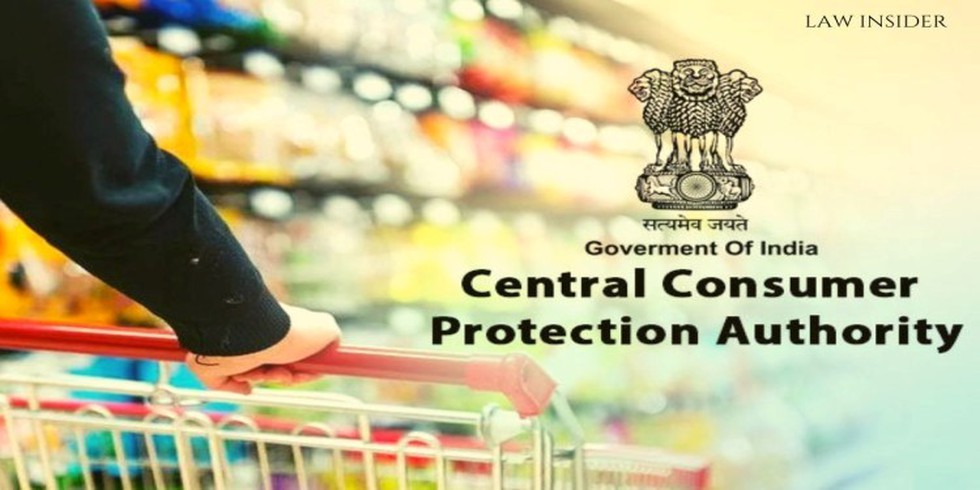Significance of Action
- The move is aimed at protecting consumer rights and preventing undue pressure on consumers to pay additional charges during service availing.
- As per law, no hotel or restaurant can force consumers to pay a service charge, nor can a service charge be collected under any alternative name.
About Central Consumer Protection Authority (CCPA)
- The CCPA was established under Section 10 of the Consumer Protection Act, 2019.
- The Consumer Protection Act, 2019, which replaced the 1986 Act, was notified on August 9, 2019, and came into force on July 20, 2020.
- Nodal Ministry: Ministry of Consumer Affairs, Food & Public Distribution.
Functions and Powers of CCPA
- The CCPA protects, promotes, and enforces the rights of consumers as a class under the Act.
- It prevents unfair trade practices and curbs false or misleading advertisements.
- The CCPA ensures that no one publishes or disseminates false or misleading advertisements.
- The CCPA can initiate class-action suits, including recalls, refunds, and cancellation of licenses, when necessary.
- The CCPA can conduct inquiries and investigations through its Investigation Wing, headed by a Director-General.
- It can order the discontinuation of unfair practices, impose penalties on errant businesses, and enforce consumer welfare measures.
- Composition of CCPA: A Chief Commissioner heads the CCPA and has two other commissioners:
- One commissioner deals with goods-related issues.
- The other commissioner handles service-related complaints.
